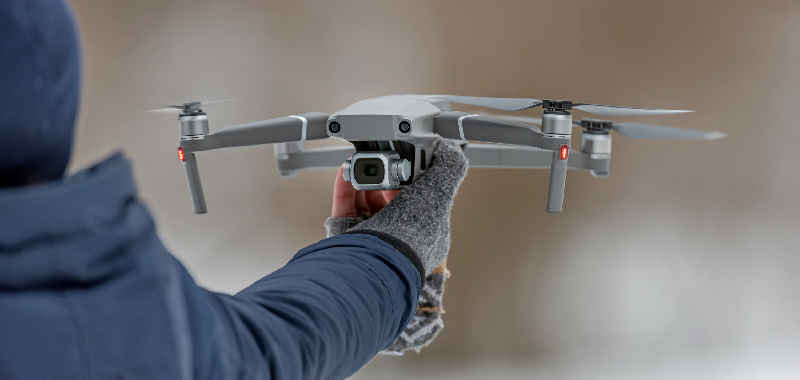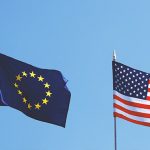
Drone use and privacy
Let’s start with the basics: do we currently know what impact drones have on privacy and data protection? Drones are unmanned aerial vehicles used by citizens, companies, institutions or even the military, and therefore their use is very varied (security, natural disaster prevention, labour control, cartography, communications, professional photography and video, or mapping services, among others).
Drones and privacy
The basic devices that are part of any drone are mainly a GPS and a camera. Some drones may also have thermodynamic cameras, night vision camera, WIFI/Bluetooth, etc.
As a result of the technologies contained in a drone, these devices can record images, videos, sounds, biometric data, geolocation data and/or telecommunication data.
What regulation applies to drones?
The regulation of drones is determined both by the specific aeronautical regulations for the use of airspace and by the regulations defending the right to the protection of personal data.
Spain has specific regulations on the civilian use of drones:
- Royal Decree 1036/2017, of 15 December, amending the Air Traffic Regulations and regulating the use of drones by civilians, both for professional and recreational use: regulates the use of drones by civilians, both for professional and recreational use. It establishes that in order to operate a drone professionally, it is necessary to have a drone pilot’s licence and an identification plate. To fly a drone for recreational use, it is not necessary to have a pilot’s licence, but it is necessary to have the necessary knowledge to fly it safely.
On the other hand, in operations that carry out video surveillance, event recording or any other application where the purpose of the operation intrinsically involves the processing of personal data. In these operations, the following shall apply:
- Regulation (EU) 2016/679 of the European Parliament and of the Council of 27 April 2016 on the protection of individuals with regard to the processing of personal data and on the free movement of such data and repealing Directive 9%/46/EC (General Data Protection Regulation): In these operations, the regulations contained in the GDPR and the LOPDGDDD apply, as well as the provisions of the guide on the use of video cameras for security and other purposes of the Spanish Data Protection Agency, where limitations on video surveillance through camera or video camera systems or the tracking of mobile device identifiers are established.
Special consideration should be given to the following issues regarding the drone operator:
- If the processing is carried out on behalf of a third party: who decides on the purpose of the images, this third party will be the data controller, while the drone operator will act as a processor of personal data.
- If the operator acts as a controller: It must determine the most appropriate legal basis for carrying out the processing (consent, contract, legal obligation, legitimate interest, etc.). In general, they must comply with the obligations referred to in the GDPR.
In addition, mechanisms should be put in place to implement the right to information in relation to the processing of personal data to be carried out. In this particular case, the most appropriate way of informing those who may be affected by the data processing should be sought: through information sheets, publications in social media, brochures, etc.
Possible penalties for drone use
It will depend to a greater extent on who is the subject of the infringement. That is, depending on whether the person receiving the proposed sanction is a normal user and the drone has been used for recreational purposes, the sanctions may range from the following:
For recreational use, for the misuse of drones for recreational purposes, penalties can range from 60 euros for the most minor offences to 225,000 euros for serious offences such as interfering with air traffic at an airport. The drone pilot will have to assume this complaint, as well as compensation for any material and personal damage that may be caused.
On the other hand, for professional use, if the pilot has aeronautical knowledge, there are also three types of infringements, but in this case the financial amount increases. Minor offences range from €4,500 to €70,000; serious offences from €70,001 to €250,000; and very serious offences from €250,000 to €4.5 million.
In order to avoid this, it is essential to have liability insurance to cover the eventual costs that a person may incur as a result of the mere fact of the accident.
At Letslaw we are experts in advising companies and individuals on matters as varied as robotics or cybersecurity and data protection. If you have any questions, please contact us.

Letslaw es una firma de abogados internacionales especializada en el derecho de los negocios.







